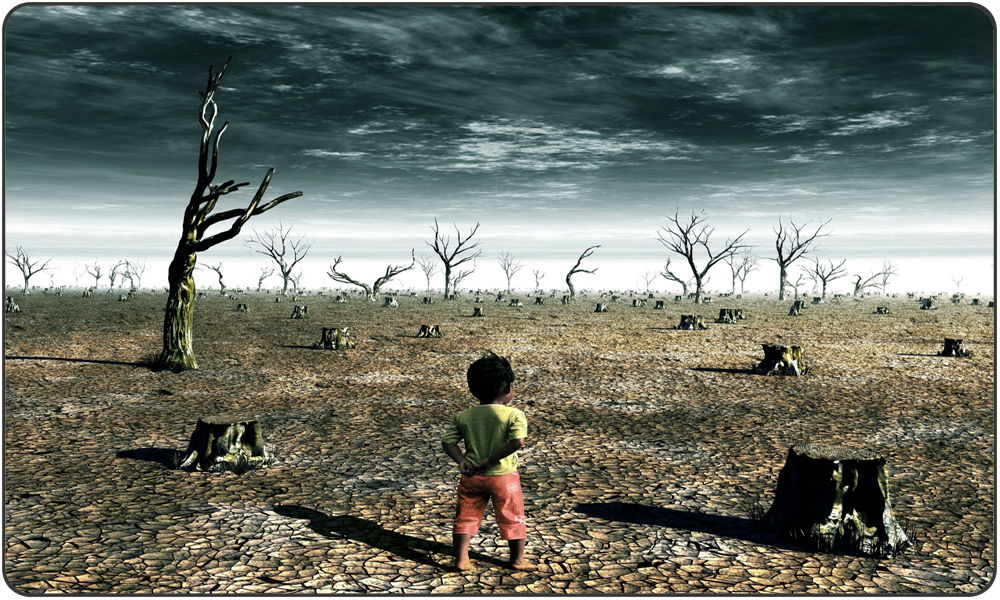Podcast: Play in new window | Download
Subscribe: RSS
The World Bank’s vice president for climate change — yes, it has a vice president for climate change — last weekend issued a blunt warning to a meeting of agriculture ministers, held in Berlin. To paraphrase Rachel Kyte just a little: agriculture must adapt or die. And do it fast.
Okay, she was not quite that blunt, but she came very close. She told the ministers that the world will warm two degrees Celsius “in your lifetime,” that the changes won’t be pleasant and slow, but “volatile…with unpredictable impact.” Moreover, “significant damage and destruction are already happening.” Yet, she said “The agricultural community has still some way to go in realizing the full significance.” Or, to translate from bureaucratic/diplomatic English, they still have their heads up their you-know-whats.
It continues to be business as usual for industrial agriculture, and for their wholly-owned and-operated governments, as the ocean waters rise, the deserts spread and the storms intensify. “We’re talking about a wholesale change of what can be grown where, and I don’t think we’ve really started to compute that,” Kyte said.
That depends, of course, on what you mean by “we.” Her own bank predicts “potentially catastrophic” disruption of food supplies with the approach of 2100; Oxfam foresees a 20 per cent increase in hunger by 2050; other recent academic studies predict a 35 per cent failure rate of Chinese harvests, a decline in wheat production in India and Pakistan of 20-40 per cent by 2020 (!) and so on.
But if by “we” she means politicians and farm operators, the world is a different place, as is demonstrated fully by the US Farm Bill about to be blessed by the Congress. This welfare bill for industrial farmers insures them against losses when growing corn and soybeans, which means full speed ahead for destruction of topsoil, pollution of waterways and expansion of cropland. Meanwhile the bill cuts billions of dollars from programs encouraging erosion control, crop rotation and chemical restraint. All this was done with little debate; the controversy surrounding the Farm Bill was over how much to cut food assistance for poor people (a lot or a whole bunch).
How’s that for “having some way to go in realizing the full significance” of what’s coming?
See also: “USDA Report Foresees Collapse of Agriculture;” “Industrial Agriculture Losing Ground Faster”

This why permaculture principles of growing foods in small and large areas can surpass industrial farming.
http://www.geofflawton.com/fe/32461-surviving-the-coming-crises
http://www.geofflawton.com/fe/62176-desert-oasis